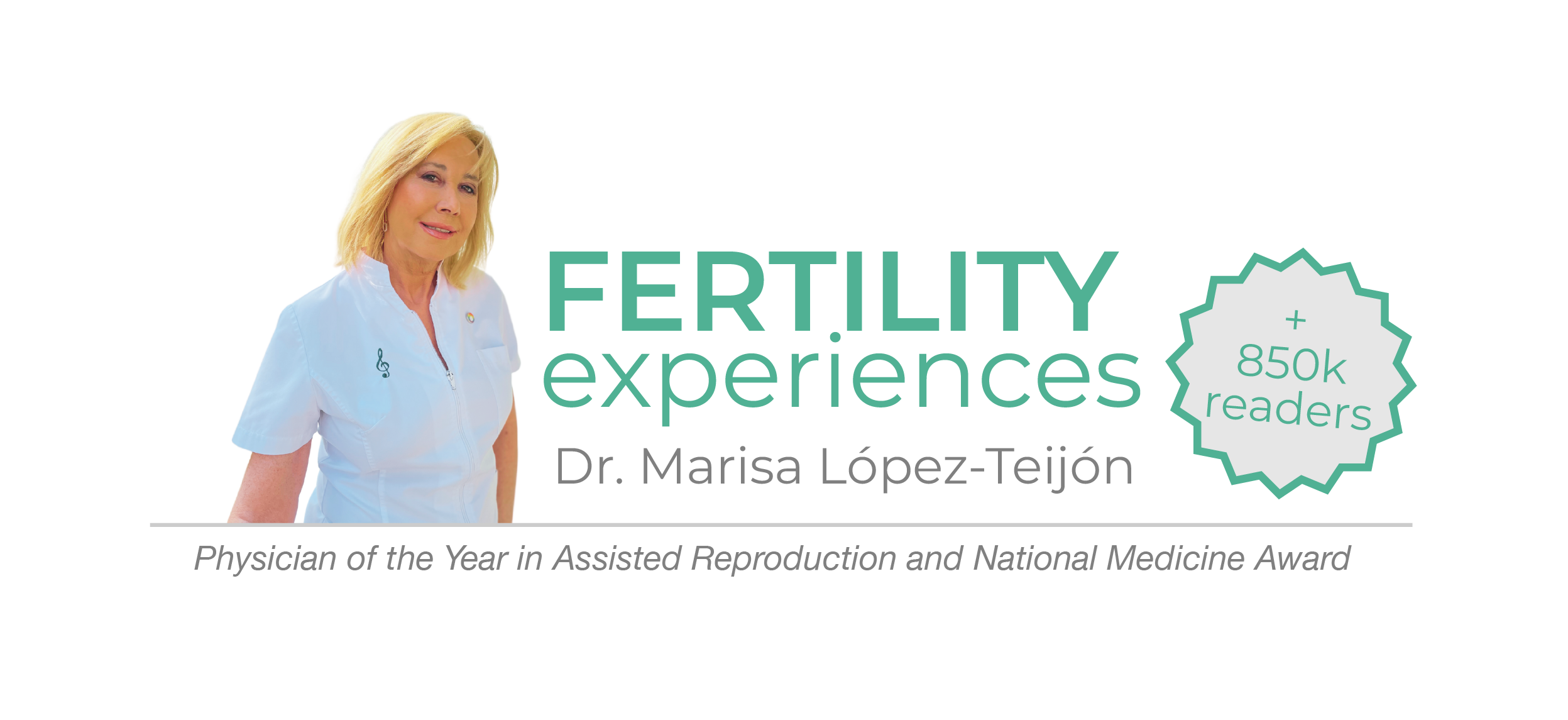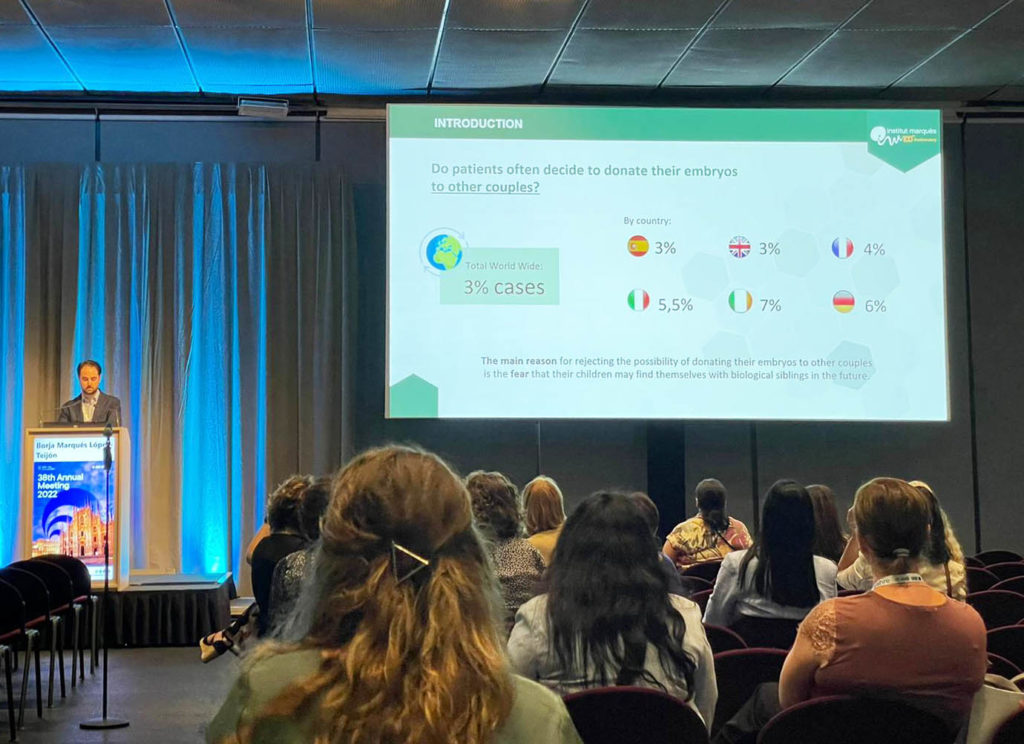In 2004, Institut Marquès launched the first Embryo Adoption Programme in the world.
We set it up to give a chance of life to the embryos frozen in our centre. This initiative takes in embryos from young, healthy couples who successfully completed their IVF cycle and entrusted the clinic with the future of those they no longer needed.
From the beginning, the response has been exciting due to the social acceptance, the support offered by different groups and the enthusiasm with which women from all over the world come to adopt them.
What I could not imagine is what is happening to us!
We are receiving embryos from patients from other countries to be included in the Embryo Adoption Programme of Institut Marquès: We receive requests to ship embryos from people who have them in other countries where they cannot donate them. If they meet all the requirements to be “donable”, we accept them. Patients, biologists and doctors provide us with all necessary information to evaluate them.
This phenomenon is so exceptional that we presented it at the congress of the European Society of Human Reproduction (ESHRE). Dr. Borja Marquès was in charge of explaining it to the scientific community.
We have received many requests, but I would like to tell you about the first case: A couple of patients from Greece underwent a Donor Egg IVF cycle with partner’s sperm in 2015 at a clinic in Thessaloniki. On the date previewed for the embryo transfer, the patient got sick and the doctors recommended that she should not get pregnant. She already had two children from a previous partner and her current husband, with whom she underwent the treatment, has no children of his own. He wrote: “My dream was to have a child with the woman I love. Now I am satisfied to have offspring, even if I will never get to meet him / her”. She, on her part, sent us this message: “Children are a blessing and I want to help another woman because I know how it hurts when you want them and you cannot have them”.
This is why, in 2017, 4 frozen blastocysts (embryos with 5 days of life) arrived in Barcelona with all the necessary information and fulfilling our criteria to categorise them as donable and we stored them in the embryo bank.
A year later, a German couple who had suffered the death of their only 18-year-old son in a motorbike accident received one of these embryos and a beautiful baby boy was born.
In 2019, an Italian patient, single, with 3 unsuccessful IVF cycles in Turin, was transferred one of these blastocysts and in 2020 a beautiful baby girl was born.
The other two embryos have not yet been released from the “cold kindergarden”
When I think on how to describe this, I don’t know how to choose the best words… Generosity, responsibility, globalisation in the service of kindness… What words would you use?
According to our study presented at the ESHRE, 51% of patients who complete a cycle of assisted reproduction do not communicate the destination they wish to give to the embryos they did not use in the treatment they underwent to become parents.
There are fewer and fewer international adoptions of children and more and more international adoptions of embryos. Behind each case there is a particularly sad story: either of many previous treatment failures or of having abandoned the possibility of parenthood for different reasons.


C’est vraiment touchant ces histoire avec les dons d’embryons qui donne le sourire aux femmes et je souhaite vivement que ca marche pour moi . Mon mari est tellement dépressif qu’il me dit qu’il ya aucun espoir , mais moi jy crois et c’est la raison pour laquelle j’ai sonné a la porte de Marques.
Cordialement
A.C
Bonjour Mme A.C. Je vous remercie de votre message. Nous espérons sincèrement que nous pourrons vous aider à réaliser votre rêve de devenir parents. Pour notre part, nous ferons tout notre possible. Bonne chance et espérons que l’un de ces embryons voudra rester dans votre famille! Meilleures salutations.